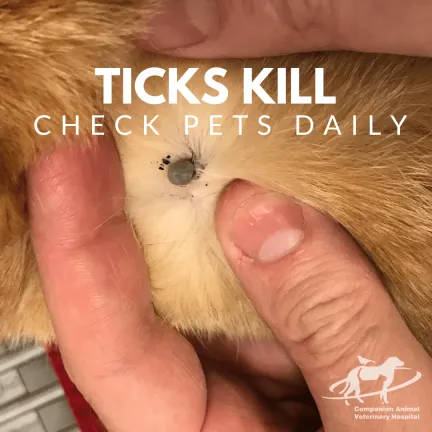As well as helping make dogs look cute eyes, ears and noses are good for other things too. Here are some interesting facts about them in dogs:
Vision
Contrary to popular opinion, dogs can see colour but it tends to be to a lesser degree than humans. Colours are detected with receptors in the back of the eye called ‘cones’. Most people have 3 types of cones that detect red, blue and yellow wavelengths. Dogs only have 2 cone types which makes them red-green colorblind, similar to some people. Further experiments have determined that dogs are able to use colour to make decisions.
There are other receptors in the eye called ‘rods’ that detect light, dark and movement. Dogs have a much higher concentration of rods than people meaning their night vision is much better than ours. This is why for diseases which gradually reduce vision such as chronic retinal atrophy or cataracts the first problem is usually difficulty finding their way in the dark.
Additionally, they have a 60 degree greater peripheral vision than us because their eyes are on the side of their head.
Hearing
Dogs are able to hear higher frequency sounds than humans but not as high as cats. There are 18 muscles used to direct the ear towards sounds of interest and pooches are able to hear sounds up to 4 times further away than us. This means that yelling is rarely indicated as they are probably just ignoring you, training is the key.
Age related hearing loss has been documented in German Shepherds and Miniature Poodles but from experience occurs in many dogs
Smell
This is the most developed of the dog's senses and is up to 100 million times more sensitive in the bloodhound than ours. The part of the brain that deals with smell, the Olfactory Cortex, is about 40 times bigger in dogs than people.
Dogs can also differentiate between 4 and 10 times the number of smells that humans can and can tell which nostril a smell entered first, allowing them to even detect the direction it came from!
Read more articles
- Log in to post comments



